Agile learning through play: Bridging project management with educational games and toys
Embracing adaptive learning strategies: In the fast-paced world of education, the ability to adapt and respond to students' changing needs is paramount. Similarly, the world of project management thrives on adaptability, a concept at the heart of Agile methodologies. By integrating Agile principles, educators and parents can enhance the learning experience, ensuring that it is as dynamic and responsive as the methods used by top project management professionals.
Iterative development for continuous improvement
Just as project managers use iterative processes to improve their products continuously, educational games and toys can be used to facilitate an iterative learning process. Children learn through repetition and feedback, much like Agile's sprint retrospectives, allowing them to reflect on what they've learned and how they can apply their knowledge differently in future interactions.
Interactive activities and collaborative play
Collaboration is a cornerstone of both effective project management and meaningful learning. Educational games and toys designed for schools and homes encourage teamwork and communication, mirroring Agile's emphasis on collaboration and cross-functional teams. Through interactive activities and puzzles, children develop critical social and cognitive skills that are essential for both academic success and later professional environments.
Exploring the Intersection of Play and Project Management
Discover the captivating parallels between the joy of play and the structured world of project management. As Agile coaching shapes the way teams achieve their goals, educational games and toys similarly guide children in acquiring critical skills. Dive into ten vivid images that illustrate how principles of Agile and project management come to life through playful learning.
1. Puzzle pieces coming together
Problem-Solving - Puzzle assembly mimics project management's problem-solving nature, each piece symbolizing steps toward a goal. Agile coaching cultivates this analytical thinking for success.
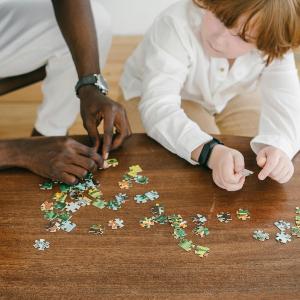
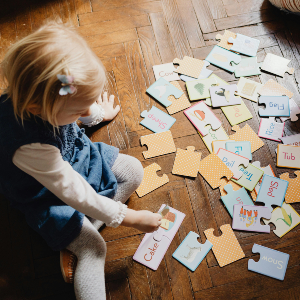
2. Children playing with building blocks
Iterative Development - Blocks teach the iterative development vital to Agile, where each addition is a step in project evolution, supported by continuous agile coaching.

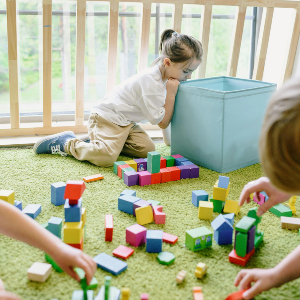
3. Board game in progress
Strategic Planning - Strategic board games mirror project management's calculated moves, with Agile's flexibility steering through changing game dynamics.

4. Interactive whiteboards
Collaboration Tools - The whiteboard in learning reflects Agile's collaboration tools, essential for project management's dynamic environment.
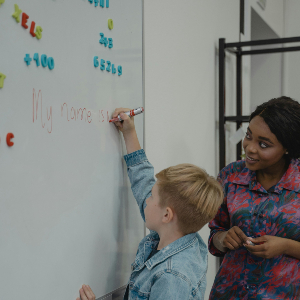
5. Team collaboration
Agile Teams - Teamwork among children encapsulates Agile teams' collaborative efforts in project management, enhanced through agile coaching.
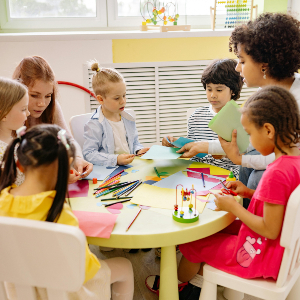
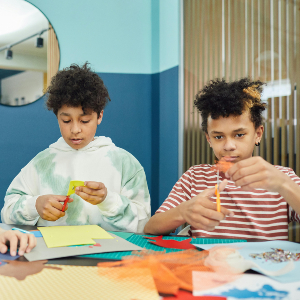
6. Time management tools
Time Management - Timers in games represent project management's deadline adherence, a skill honed by Agile's time-centric practices.
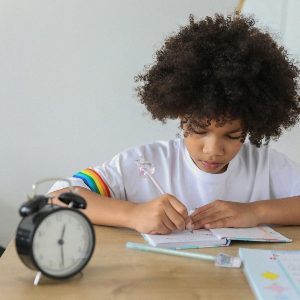
7. Flowcharts or Mind Maps drawn by kids
Visual Project Tracking - Flowcharts by children showcase the visual project tracking inherent in Agile project management, clarifying complex tasks.
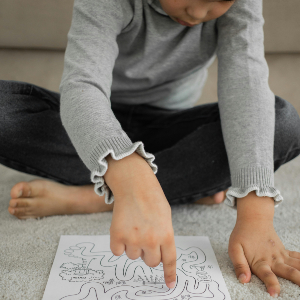
8. Diverse educational toys
Agile Methodology - Educational toys reflect Agile methodology's adaptability, catering to different needs—a strategy also vital in project management.
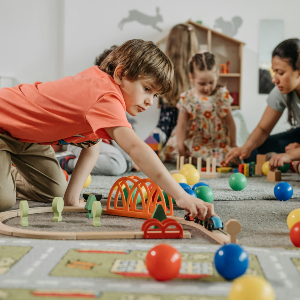
9. Teacher guiding a student
Mentorship - Mentorship in education parallels agile coaching, both essential for guiding learners and project teams to success.

10. Tech-Integrated play
Technological Agility - Technology in play fosters adaptability, echoing Agile's integration of innovative tools in project management.
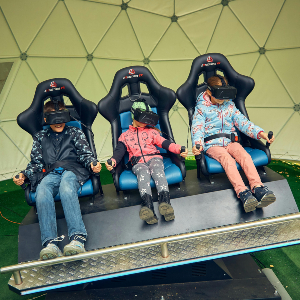
Enhancing skills with targeted learning tools
The diverse range of educational toys and games mirrors the diverse toolkit that project managers draw upon to drive success. Just as project managers select the right Agile tools to meet project objectives, educators and parents choose games that align with specific learning outcomes, such as critical thinking, problem-solving, and technical skills—foundations that are highly valued in the world of project management.
Customization and flexibility in learning
Agile is known for its flexible framework, which can be tailored to the needs of any project. Similarly, educational games and toys offer customization to cater to the unique learning style of each child. This personalized approach ensures that the learning process is not only fun but also highly effective, with children remaining engaged and motivated—reflecting Agile's user-centered design ethos.
Transferring Agile concepts to educational mindsets
Project management and Agile concepts may seem exclusive to the corporate world, but their applications in educational settings are profound. Applying these concepts to the use of educational games and toys helps prepare children for the future workforce, where Agile methodologies continue to dominate. By fostering an 'Agile mindset' early on, children can grow to be adaptable, reflective, and continuous learners, well-equipped for the challenges of tomorrow.
The synergy between project management methodologies and educational strategies enriches the learning environment, proving that the principles behind successfully managing projects can be universally applied—even in the realm of educational games and toys designed for fun learning at school and home.